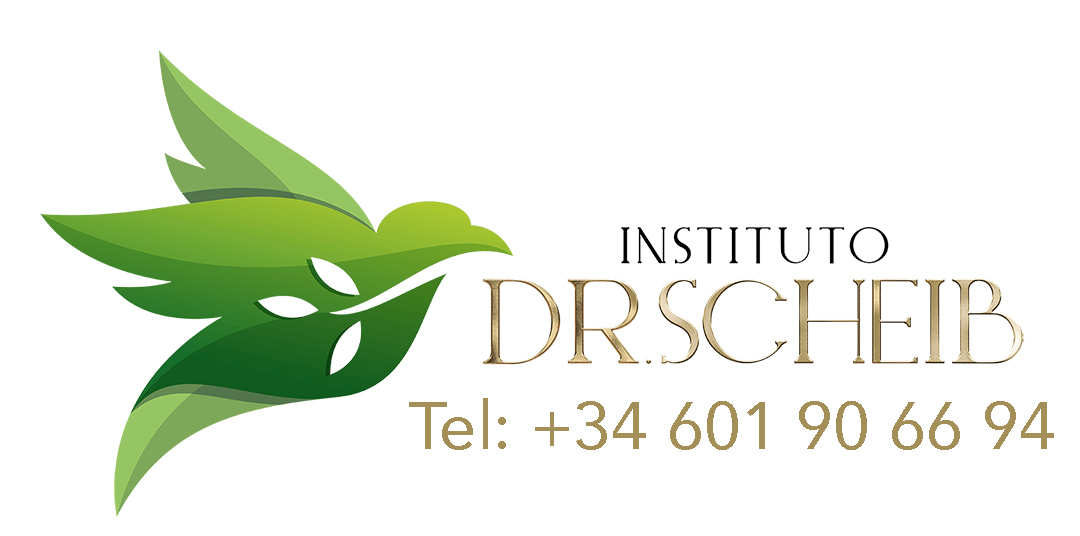Opiates are excellent pain relievers, but with the right dosage they also create euphoria and relaxation. Often the treatment with opiates leads to opiate addiction.
Opiate addiction does not always result from treatment with opiates. Heroin, for example, is particularly common in the drug scene, but there is an increasing number of patients who initially took opioids prescribed by a doctor, but then became dependent on them. In the United States, the number of addicts to oxycontin and similar opioid analgesics and related deaths has increased dramatically in recent years. Due to the simplified access, opiate addictions are also found frequently among medical staff, particularly as an attempt at self-medication in the development of a burnout.
Opiate withdrawal is often painful, but unlike alcohol withdrawal, it is not dangerous. Body aches are accompanied by freezing, sweating, tremors, diarrhea, vomiting and other vegetative symptoms. Depending on the severity of the addiction, withdrawal takes up to fourteen days, rarely longer. At the same time, however, work should be done to avoid relapses. We therefore recommend a three-week treatment if possible.
Diagnosis of opiate addiction:
- Are there basic psychiatric or somatic diseases or secondary diseases (infections, depression, psychoses)?
- How should consumer behavior be seen in family and work environments?
- What motivates the patient?
- What resources does the patient have?
Therapy for opiate addiction:
For acute withdrawal we first recommend inpatient treatment, which can then be continued on an outpatient basis depending on the outcome.
Clonidine reduces the vegetative symptoms of withdrawal.
Ketamine works well against the pain and depressive mood that occurs. In connection with hypnosis, a permanent reduction in addiction pressure can also be achieved.
rTMS and tDCS reduce the need for opiates and are also effective against pain.
Intensive psychotherapy (motivational interviewing) in individual therapy improves motivation and deals with possible problems that prevent stopping consumption.
Relaxation techniques, but especially neurofeedback, help to increase self-efficacy and stress management and thus reduce the likelihood of relapse.
Naltrexon Depot injections reduce craving and help prevent relapses.
Our therapy concept is absolutely discreet and multimodal. We work exclusively in individual therapy. This is of vital importance especially for patients such as health professionals. As a result, our therapy concept differs significantly from that of conventional addiction clinics.
If you are interested in our therapy, please take a few seconds to fill out our contact form. We will set up a preliminary phone interview at your convenience to determine your individual therapy:








